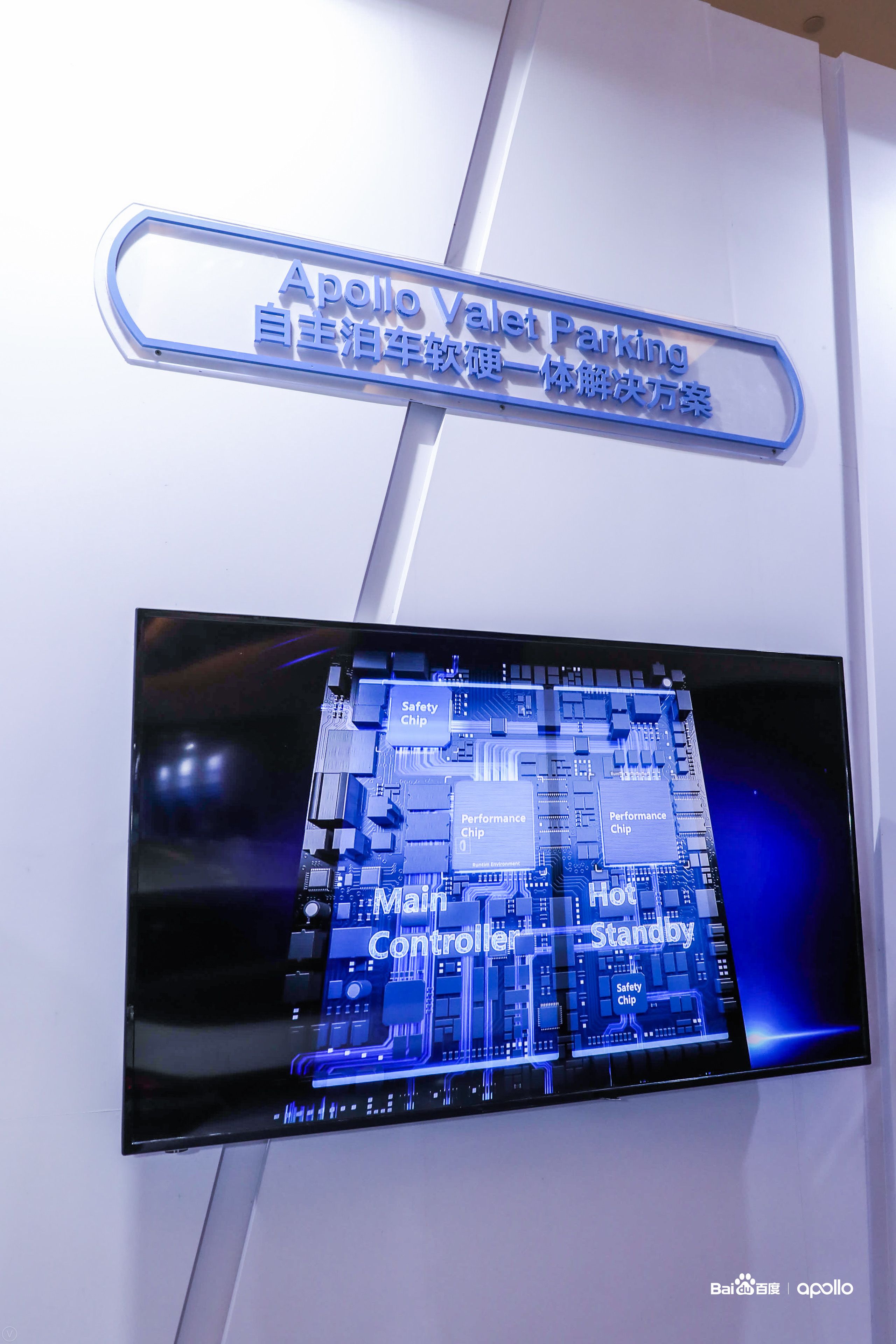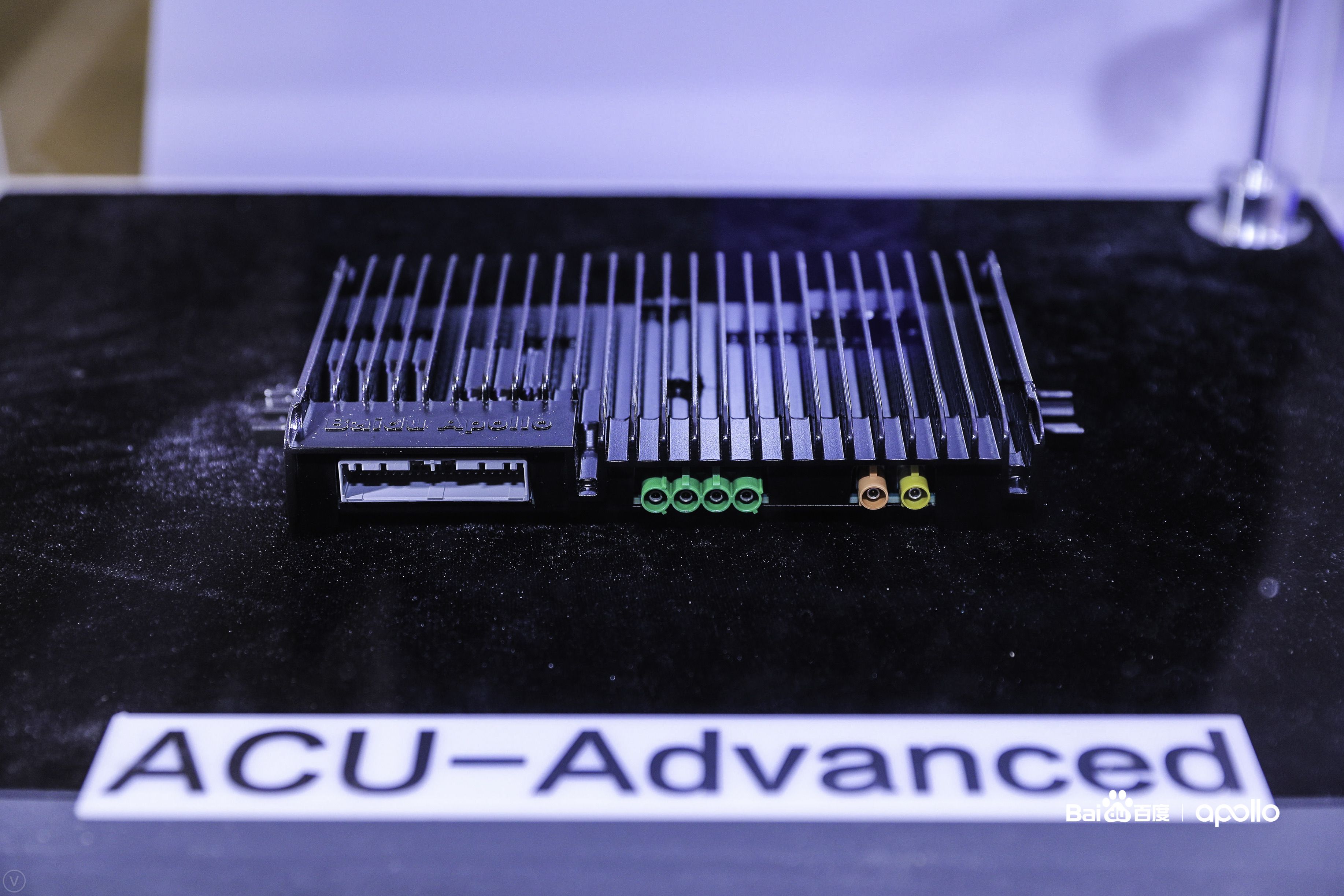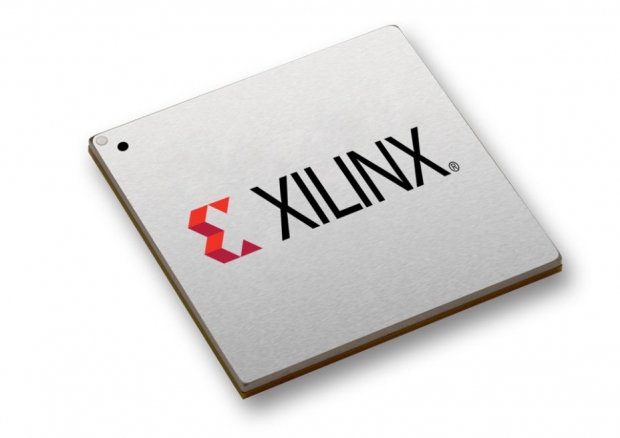Baidu’s production-ready Apollo Computing Unit (ACU) represents an advanced platform for Automated Valet Parking (AVP). The design win is the industry’s first dedicated production-ready computing solution for Automated Valet Parking. ACU-Advanced by Baidu is the first production-ready AVP controller enabled by an XA Zynq UltraScale+ MPSoC.
Automated parking is hard
Baidu’s ACU is designed around Xilinx’s Zynq UltraScale+ MPSoC (XAZU5EV) silicon and has to solve the rather complicated task of valet parking. Baidu’s ACU is intended for the specific scenarios and functions of valet parking, which require sophisticated and robust deep learning inference to handle the complex driving environment.

The production-ready ACU-Advanced for AVP features the XA Zynq UltraScale+ MPSoC for sensor fusion and AI processing, replacing the GPU used in a proof-of-concept. The GPU manufacturer lost this design in the final step as you can easily imagine that a dedicated GPU has higher latency, draws more power, and the total cost of ownership is much higher compared to MPSoC.
Programmable hardware
Xilinx’s MPSoC XAZU5EV can be programmed as it comes with 256,200 system logic cells, 234,240 CLB Flip-Flops, and 117,120 CLB LUTs. In other words, Xilinx’s solution has programmable hardware as the whole data pipeline and algorithms can be updated and repurposed and reprogrammed in the future. Since the car industry is going toward over the air updates, Baidu’s Apollo Computing Unit (ACU) powered by Xilinx Automotive part has hardware that can be updated at a later date.
Over the air upgrades for hardware is a holy grail in the automotive industry as cars tend to have a considerable lifespan as well as a very painful feature update cycle after shipping. If any regulatory agency in the world comes with a new requirement for Automated Valet Parking, Xilinx and Baidu can update the hardware and address the new requirement and the feature, while the GPU based solution can only fix things in software.
Fixes in software cannot enable new algorithms that are hardened in hardware nor enable, for example, future compressions or codecs, accelerated in hardware. MPSoC can add new compressions, codes, algorithms and features reprograming the system logic cells.
5 cameras, 12 ultrasonic radars under Zynq UltraScale+ MPSoC (XAZU5EV) command
The platform is fully compatible with the Baidu PaddlePaddle framework and includes five cameras, 12 ultrasonic radars and a -40 ~ 85℃ working temperature range, which meets vehicle–level production requirements.
“Through our close collaboration with Xilinx, we are providing automotive OEMs and Tier One suppliers with an adaptable computing platform,” said Wang Yunpeng, senior director of Baidu’s Automatic Driving Technology Department. “The Xilinx technology is at the heart of our ACU- Advanced platform for AVP as no other solution could provide us with the performance required for mass production.”
Xilinx is a leading automotive solution provider with over 13 years of auto industry experience. The company’s automotive solutions, it claims, offer the ultimate in hardware and software partitioning flexibility combined with a variety of networking connectivity options, functional safety architecture configurations, and security features for current and future autonomous drive modules. Cumulatively, Xilinx had shipped over 170 million devices globally for automotive use, with 70 million used for production ADAS systems. The company works with over 200 automotive companies, comprised of major tier 1s, OEMs, and startups globally.
"Baidu is increasingly a major player in automotive, and Xilinx is the ideal solution to solve the technical challenges associated with AVP and automated vehicle development", said Yousef Khalilollahi, vice president, core vertical markets, Xilinx. "By providing an adaptable hardware platform, Baidu can design flexible and scalable systems that seamlessly incorporate AI compute acceleration and functional safety through diversity in processing engines. We look forward to expanding our collaboration with Baidu to take automated driving to the next level."

The Baidu design win is big for Xilinx as it opens the doors to the company to OEMs and Tier One automotive supplier in China and more. The design win enables more automated parking cars in more market segments helping Xilinx increase its impact on the automotive industry.

